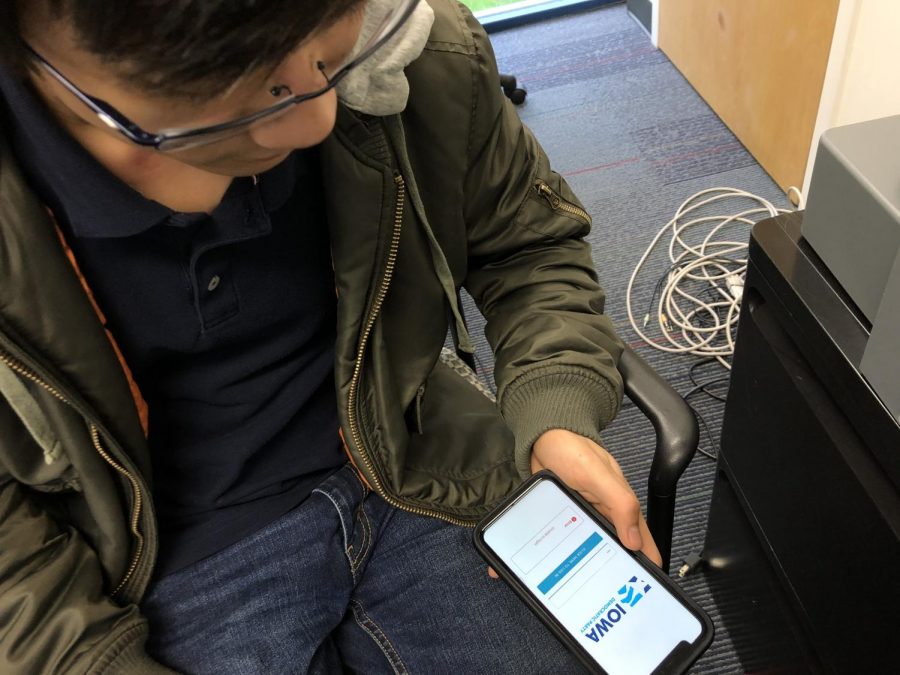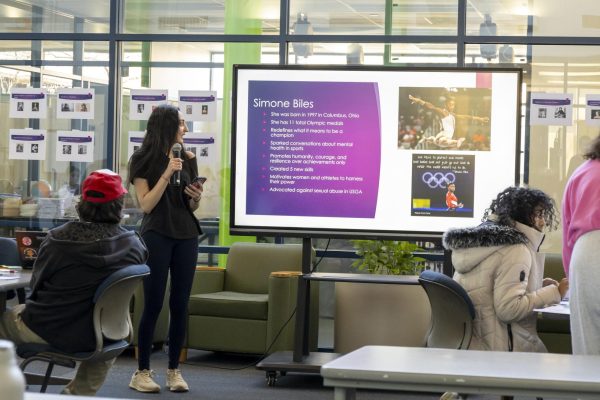In a World of Expanding Technology, How Will Americans Take on Voting?
The 2020 elections are 10 months away, and the Democratic and Republican parties have begun the year’s flurry of caucuses and primaries.
With over 16,000 precincts, the task of relaying the results of each caucus to the state Democrats in Iowa fell upon a custom programmed cell phone application. It was meant to enable caucus leaders to relay the results of their votes to the Democratic leaders as soon as they received them. However, the app had numerous issues when caucus leaders tried to download and log into the app.
The delay in reporting the scores greatly interfered with the plans of the Democratic candidates, who relied on the results of the caucuses in order to move onto the next step of their campaign. Candidates were forced to take risks by acting without information on the results of the caucuses. Pete Buttigieg claimed victory in the caucuses before the results were announced, according to CNN. Even though his predictions turned out to be true, the candidate still risked embarrassment had the results been different.
“The delay in the elections has definitely hurt Bernie Sanders and Pete Buttigieg the most,” said Scott Cotton, who teaches Upper School history and government. “They were unable to use their wins to build momentum going into the rest of the race.”
The elections have been wrought with suspicions of tampering, and this caucus certainly has not helped the image. It will take time before the Democratic Party regains public trust.
“I think that this comes at a really bad time because we already have concerns for our electoral processes, meddling and just the system in general,” said Cotton.
Trust is especially important because progress cannot be taken towards updating the voting system without the confidence of the public backing it.
“The Democratic Party has been trying to modernize their voting system, but seeing the issues with the phone app, maybe paper ballots is the way to go,” said Cotton.







Raagy • Feb 20, 2020 at 9:09 pm
Great article Victor! Keep up the flawless work!